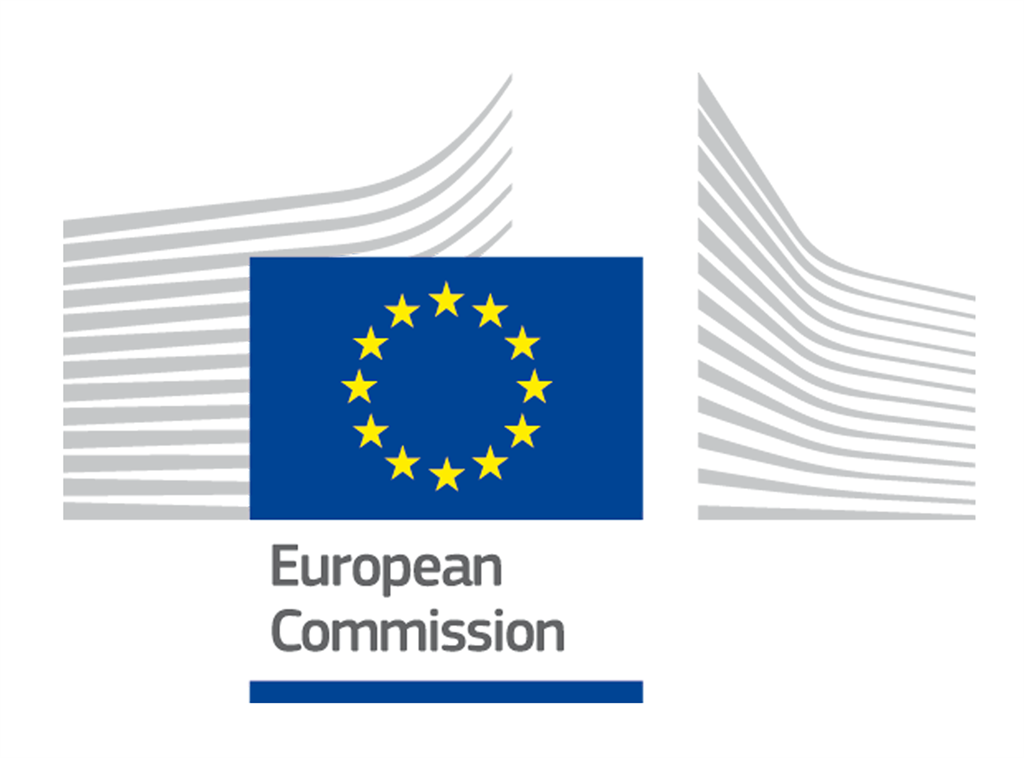Community / Land projects / Agricultural livelihoods support to vulnerable households in Southern Syria
Agricultural livelihoods support to vulnerable households in Southern Syria

€288889.0649
07/17 - 06/18
Completed
This project is part of
Implementing Organisations
Donors
Data Providers
Objectives
The agricultural sector previously played an important role in providing livelihoods options for the population of south Syria. The seven-year crisis in the country has however caused land degradation and decreased productivity. Findings from the Crop and Food Security Assessment Mission (CFSAM, 2016) undertaken by the Food and Agriculture Organisation of the United Nations (FAO) and the World Food Programme (WFP) in November 2016 estimates that wheat production at country level has been 55 percent lower than the average production achieved prior to the crisis (2007-2011). Furthermore, it indicates that the quality of diet and micronutrient intake in Syria has markedly deteriorated with many households substantially reducing the consumption of meat, dairy products, eggs, vegetables and fruits. The study has also concluded that almost half of Syrian households are resorting to severe, often irreversible coping strategies including selling productive assets. A higher prevalence of severe livelihood coping strategies was observed in the areas that have been directly affected by the conflict, including Idleb, Quneitra, Dara’a, Aleppo, Hasakeh, Sweida, Hama and Rural Damascus governorates. The livelihoods assessment conducted by Care International in 2015 indicated that agriculture is a sector which can potentially meet emergency, recovery and livelihood- economic development needs. Comparing with the recent FAO assessment 2016 on counting the cost for the agricultural sector in Syria after 6 years of crisis, 75% of the households’ samples were still growing food for their own consumption. This means that promoting livelihoods in Syria through “investing in the recovery of agriculture” will reduce the negative coping strategies and enhancing the economic resilience. The overarching objective of the project is to contribute to the improvement of resilience and food security of vulnerable crisis-affected families in the southern Syria districts. The project aims at supporting vulnerable farmers and IDP families living in urban areas to grow their own nutritious food through distribution of vegetable seeds and supporting them with knowledge sharing and capacity building on homestead gardening and micro gardening.



